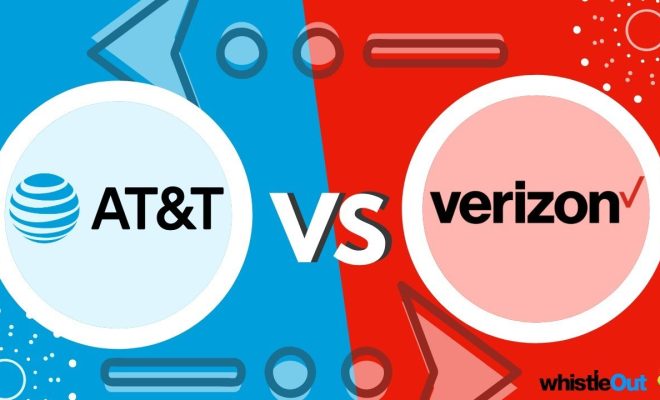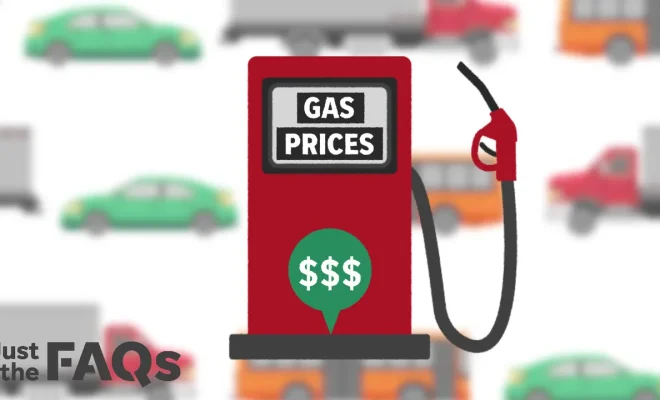Verizon vs. AT&T: Which Is Better?

In the ever-competitive world of telecommunication, the question of which provider is superior – Verizon or AT&T – is one that many potential customers find themselves asking. As two of the largest and most prominent carriers in the United States, each company offers a wide array of plans, features, network coverage, and customer satisfaction rates. In this article, we will compare Verizon and AT&T across key areas to determine which carrier may be better suited for your needs.
Network Coverage
One of the most critical factors when choosing a wireless carrier is network coverage. According to independent third-party testing by RootMetrics, Verizon consistently leads in overall network performance nationwide. With the largest 4G LTE coverage in the United States, Verizon customers can expect strong connections and fewer dropped calls compared to other carriers.
On the other hand, AT&T stands strong as the second-largest network in the US with impressive coverage in both urban and rural areas. While there might be some difference in network performance between the two companies, many users will find that either provider offers sufficient coverage for their needs unless they reside in particularly remote locations.
Data Speeds
When it comes to data speeds, both Verizon and AT&T boast great high-speed internet experiences on their 4G LTE networks. However, with recent advancements in technology, both companies are now aggressively rolling out their 5G networks nationwide.
According to Ookla Speedtest data from Q3-Q4 2020, AT&T achieved higher average download speeds than Verizon across its 5G network. Nonetheless, it’s vital to consider that 5G deployment is still ongoing and may not yet be widely available in all regions.
Plan Options
Both Verizon and AT&T offer multiple plans to cater to a variety of consumer requirements. Verizon provides three primary unlimited plans – Start Unlimited, Play More Unlimited, and Do More Unlimited – that accommodate varying levels of data usage, video streaming quality, and hotspot allowances.
Similarly, AT&T offers three unlimited plans – Unlimited Starter, Unlimited Extra, and Unlimited Elite – that vary based on data thresholds, streaming resolution preferences, and hotspot allotments. Both companies also offer prepaid plans and shared family plans with multiple lines for increased flexibility.
Pricing
In terms of price, AT&T’s entry-level unlimited plan (Unlimited Starter) is slightly cheaper than Verizon’s counterpart (Start Unlimited). However, as you explore higher-tier plans accommodating increased data allowances and additional features, pricing differences between the two providers become less significant.
Customer Service
According to the American Customer Satisfaction Index (ACSI), both Verizon and AT&T have received similar customer satisfaction ratings for the past few years. Each company offers various support channels including phone support, social media assistance, and online chat options.
Conclusion: Which Is Better?
Ultimately, deciding between Verizon and AT&T will depend on your individual needs, location, and preferences. Verizon’s clear advantage lies in its expansive network coverage across the country. However, if you’re in an area where both providers offer strong coverage, AT&T may
edge out slightly in terms of pricing for entry-level plans and potentially faster 5G speeds.
Before committing to any provider, research their coverage in your area, evaluate how your usage preferences align with available plan options, and consider customer service experiences. By thoroughly examining what each carrier has to offer and how they cater to your priorities, you’ll be able to make an informed choice about which telecommunications giant is right for you.






